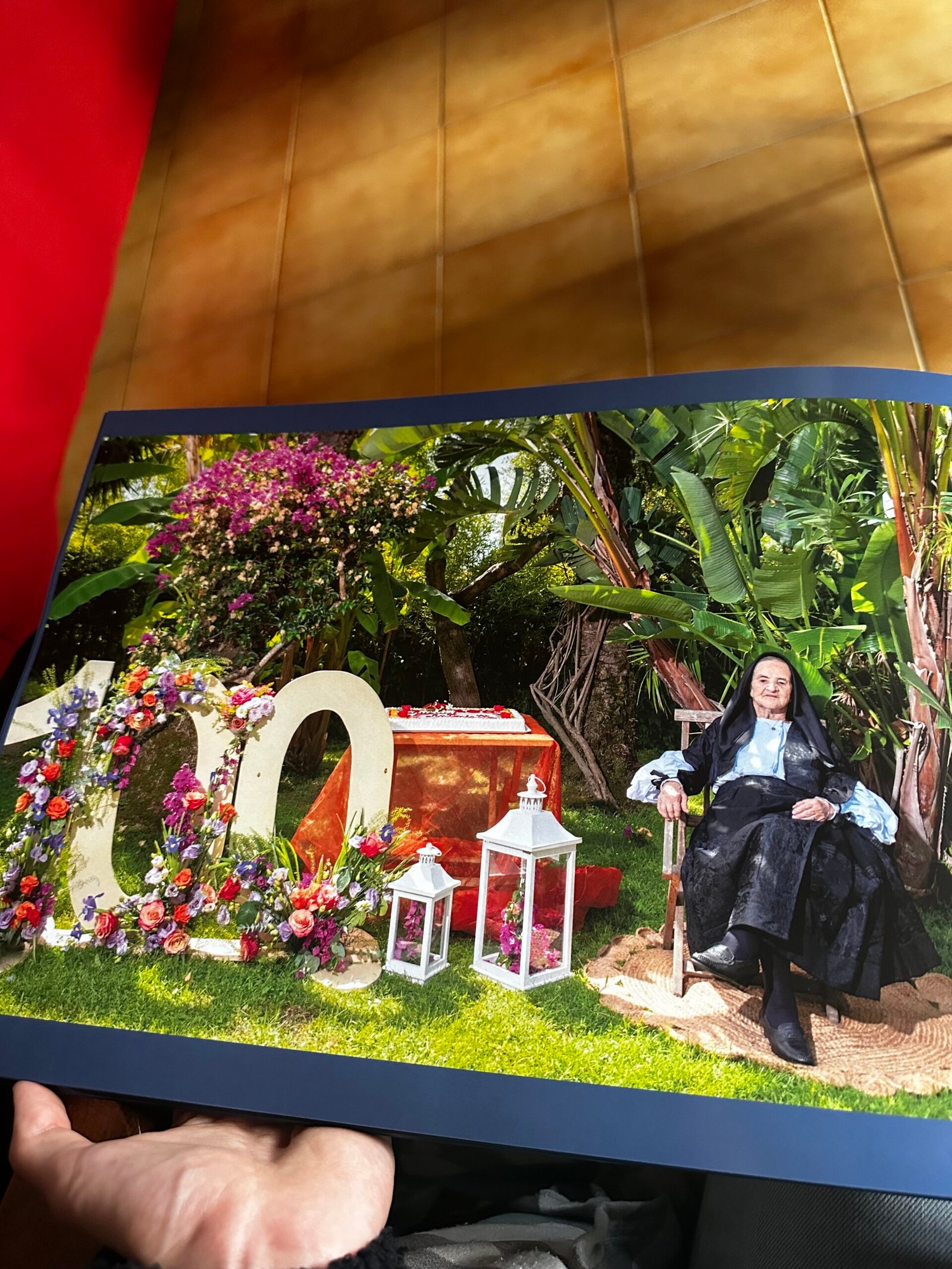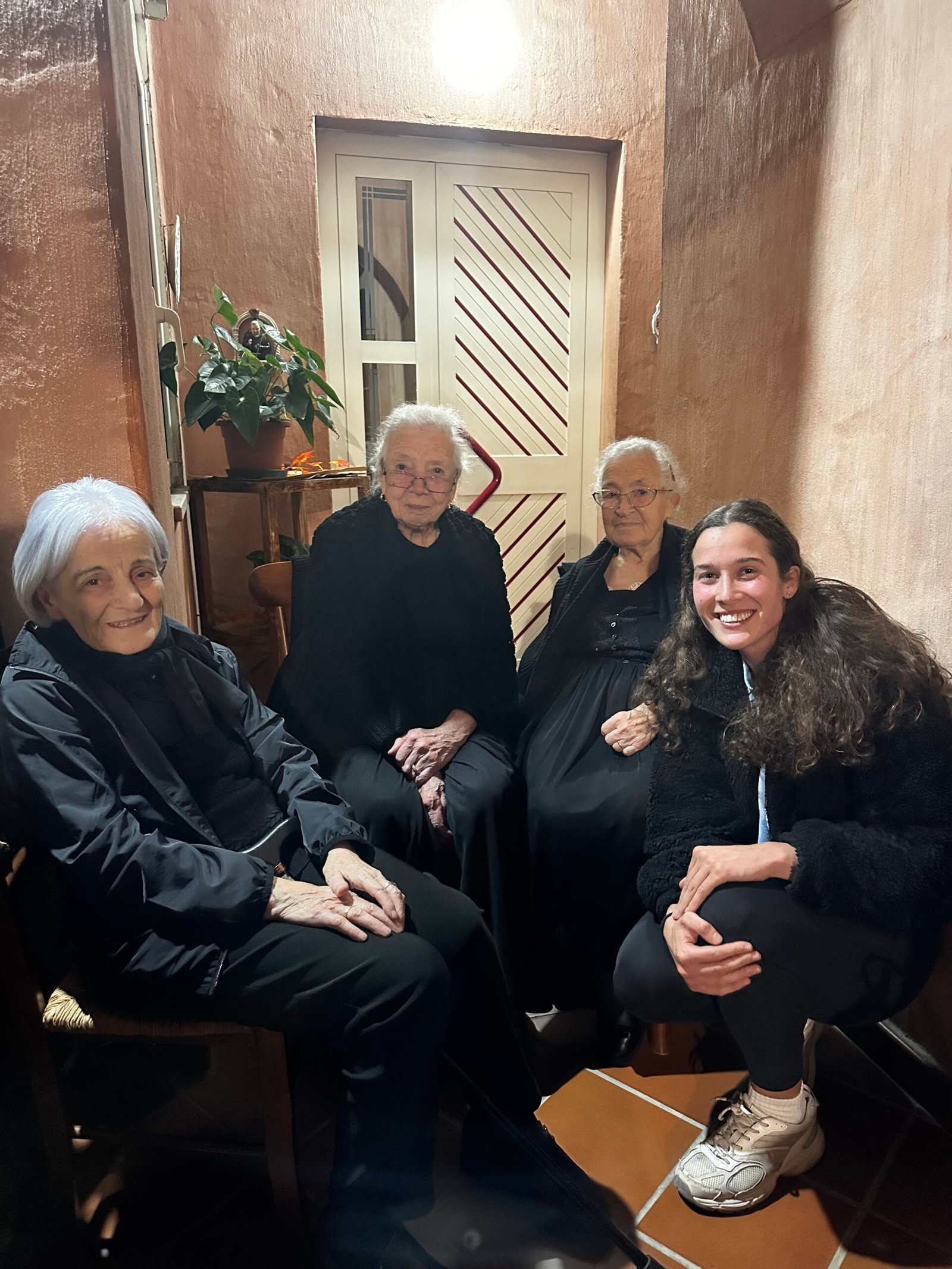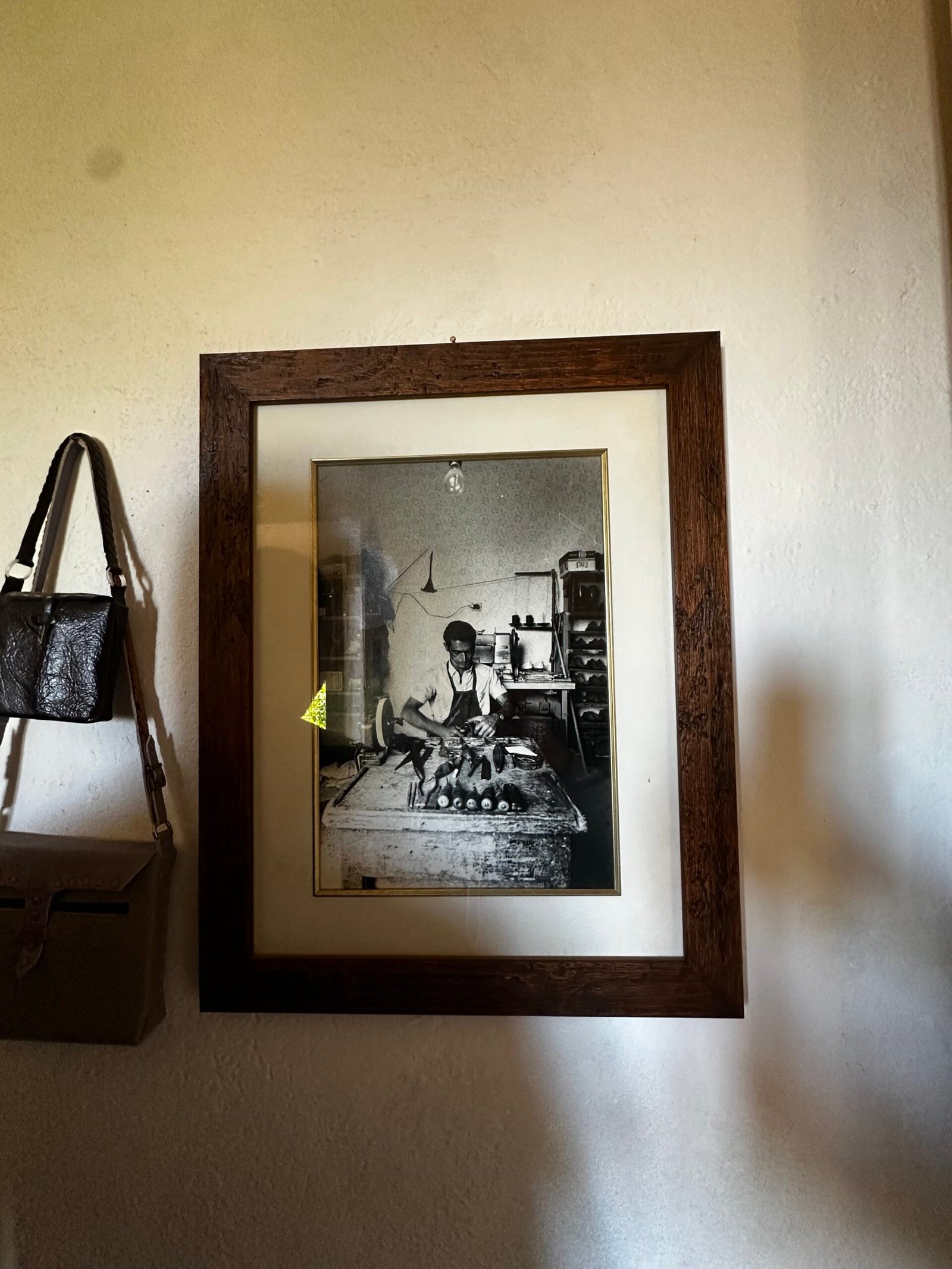I woke up early on June 30th, the sun was shining and we enjoyed a traditional Costa Rican breakfast of rice and beans, eggs, and a side of avocado at Café Tico; which is a cozy, hidden gem in the heart of Tamarindo, Costa Rica. If you are ever in Tamarindo I highly recommend this place that feels like a mix between a local favorite and a traveler’s hidden treasure. The moment you walk up, you’re greeted by the gentle hum of conversation and the aroma of freshly brewed coffee. It’s a small, charming café with wooden tables, hand-painted signs, and tropical plants spilling over the edges of its outdoor patio.
After breakfast, we drove to Nicoya, which was about two hours away. The drive went by so fast because I was completely immersed in the beautiful scenery of green hills, winding roads, and glimpses of the cattle in the distance. I tried to take everything in because Costa Rica was so breathtaking. It’s the kind of beauty you have to see to believe. Even now, when I think about it, the memory of the nature and peace I felt still relaxes me. On the way, I noticed a healthy older man walking along the side of the road with only a cane for support. This became a recurring observation, the elderly people walking everywhere, often on the side of the street, seemingly full of life.
I really didn’t know what to expect that day. The thing is, I had no idea how I was going to find people to talk to. A friend once shared a quote by former U.S. Secretary of Defense Donald Rumsfeld during the Iraq War that felt incredibly relevant:
“[A]s we know, there are known knowns; there are things we know we know. We also know there are known unknowns; that is to say we know there are some things we do not know. But there are also unknown unknowns — the ones we don’t know we don’t know.”
— Donald Rumsfeld. Feb. 12, 2002.
That quote echoed in my mind because I was full of fear. I knew that this region was known for longevity and health based on research, but I had never been here, and I didn’t have any connections. There were many things I knew going into this trip, and many things I knew I didn’t know, that’s exactly why I was there, to find out what I didn’t know. But there were also things I didn’t know I didn’t know. Those were the ones that made me nervous. The unknown unknowns. The things you can’t prepare for, because you don’t even know they exist yet. And yet, that’s also what made this journey exciting. I had to trust that by being present, open, and curious, I’d find the people and stories I was meant to discover. As doubt crept in, I felt overwhelmed. My face flushed red, and I got teary-eyed thinking this might all be a waste.
We returned to the center of town where I tried to follow my plan. I knew of a church where we had previously met Cosme the bell ringer at the church, but I could barely communicate with him. I had also researched a local market, so we decided to check it out to immerse ourselves in the community and enjoy the stunning local fruits and vegetables on display. And, of course, I brought Dan Buettner’s The Blue Zones Kitchen: 100 Recipes to Live to 100 with me in my backpack.
The market was full of welcoming people, but I didn’t see anyone older. Locals gathered to buy vibrant fruits and vegetables like papaya, bananas, plantains, watermelon, and pineapple. In Blue Zones, a diet rich in fresh fruits and vegetables is a core part of daily life, contributing to the longevity and overall health of the people who live there. The market was located next to the bus station, which was bustling with people. We decided to head over there in hopes of meeting someone we could talk to.
At the bus station, we met a friendly taxi driver named Hernon. He initially offered us a ride, but when he started speaking English, we realized he could also help us as a translator. After explaining my mission to him amid the chaos of buses arriving and cars honking, he agreed to help us. Hernon was amazing because he was like a two-in-one. He was both our translator and our taxi driver. I don’t know what we would’ve done without him that day. He made things feel less intimidating, and having him there gave me the confidence to keep going.
That’s when we saw a man sitting at a bar, enjoying an ice-cold horchata and an empanada. One leg hung casually off his stool. He wore blue jeans, a striped shirt, and a red hat. I can eat like a horse, so the first thing I actually noticed was the creamy horchata and that golden empanada because it looked so good. We approached the elderly man, introduced ourselves, and Hernon explained our mission. The man agreed to talk to us while continuing to eat his empanada. He was so kind, and his horchata looked amazing as the previously ice-cold glass warmed up in the heat and condensation dripped down the side of the tall plastic cup. I can still picture how good that empanada and horchata looked and honestly, I’m still so upset I didn’t just sit down and have one myself. But I reminded myself, at the time, I had a job to get done.
After I gave Hernon my list of questions so he could translate them into Spanish, he began speaking with the man. That’s when we learned his name was Mario. He’s 72 years old and has lived in Nicoya his entire life. I asked him simple questions as I eased into my first interview. Mario told us he lives alone and he doesn’t have a wife or children, but he has one sister. He works in construction, building houses every day. His purpose in life is simple: he loves going to work everyday.
He eats rice and beans every day, occasionally with chicken. He enjoys horchata and empanadas and shared that relaxing at home and listening to music brings him real happiness. He doesn’t have many friends, not because he’s unfriendly, but because he genuinely enjoys his solitude. What he treasures most is coming home after a long day and relaxing in his home and listening to music. When I asked about his health, he smiled and said he doesn’t have any problems. He says the secret to a long and healthy life is going to sleep at 8 pm and waking up at 4 am.
The interview was rather short, partly because I had never done anything like this before, and honestly, I was so scared. But despite the nerves, I had done it. I had taken the first step. And now, with that initial fear behind me, I felt ready for the next place Hernon was driving us to. I was so grateful that my first interview nerves were over. Mario was kind and generous with his time, and talking to him made me feel hopeful and excited about the rest of the journey.



